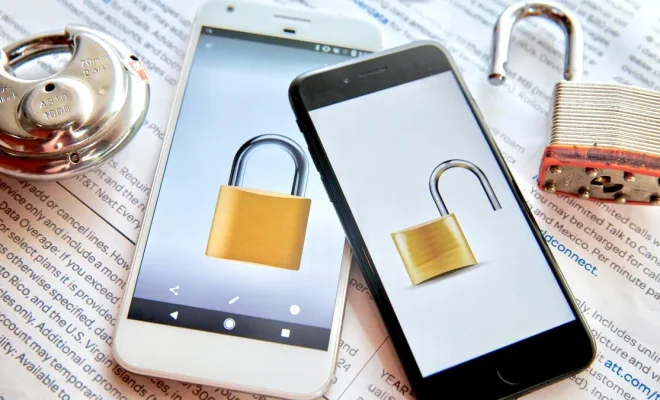Unlocked phones vs. locked ones: Everything you need to know

In today’s rapidly advancing mobile market, consumers are more empowered than ever before. With an array of options for smartphones, choosing the right one can be a daunting task. One key decision to make involves whether to buy an unlocked or locked mobile phone. In this article, we will explore the differences between unlocked and locked phones, the advantages and disadvantages of each, and which one might be right for you.
What are Unlocked and Locked Phones?
Unlocked phones are devices that are not tied to any specific carrier or service provider. They can be used with any compatible cellular network, simply by inserting a SIM card from the desired provider into the device. This flexibility allows users to switch carriers or use local SIM cards when traveling abroad without voiding their warranty.
Locked phones, on the other hand, are tied to a specific carrier or service provider, usually by means of a contract or financing agreement. To use these devices with a different carrier, you must first get it unlocked – a process that often involves meeting certain conditions set forth by your current provider.
Advantages of Unlocked Phones
1. Flexibility
As mentioned earlier, unlocked phones offer users the freedom to choose and switch between service providers without any restrictions. This can save you money in the long run if better deals become available or if you frequently travel abroad.
2. No Contracts
Unlocked phones usually don’t require long-term contracts with carriers. This means you can use pay-as-you-go plans or switch providers as required without incurring penalties for breaking a contract.
3. Wide Selection
Since most smartphone models are available in unlocked versions, consumers have access to a broader range of devices compared to carrier-locked options.
Disadvantages of Unlocked Phones
1. Higher Upfront Cost
One major downside is that unlocked phones generally cost more upfront compared to carrier-locked devices which are often discounted when purchased with a contract.
2. Less Customer Support
In case of issues with your phone, carrier-locked phones may benefit from better customer support provided by the carrier they are locked to.
Advantages of Locked Phones
1. Lower Initial Cost
Carrier-locked phones are usually offered at discounted prices, making them more affordable upfront.
2. Carrier Support
Since the phone is tied to a specific carrier, they often provide customer support and troubleshooting assistance with the device.
3. Network Optimization
Locked phones may be optimized by the carriers for better performance on their specific network, ensuring a smoother user experience.
Disadvantages of Locked Phones
1. Limited Mobility
Being tied to a carrier can make it challenging to switch providers or use local SIM cards when traveling abroad without incurring additional costs due to roaming charges or unlocking fees.
2. Contractual Obligations
Locked phones often come with contracts that require you to remain with the carrier for a specific period, making it more difficult to take advantage of competitive offers from other providers.
Conclusion
Ultimately, the choice between an unlocked or locked phone depends on your individual needs and preferences. If you prioritize flexibility and freedom, an unlocked phone might be the right choice. However, if you’re looking for a phone at a lower upfront cost and doesn’t plan on switching carriers frequently, a locked device could suit you better. Considering these factors will ensure that you make an informed decision when selecting your next Smartphone.



